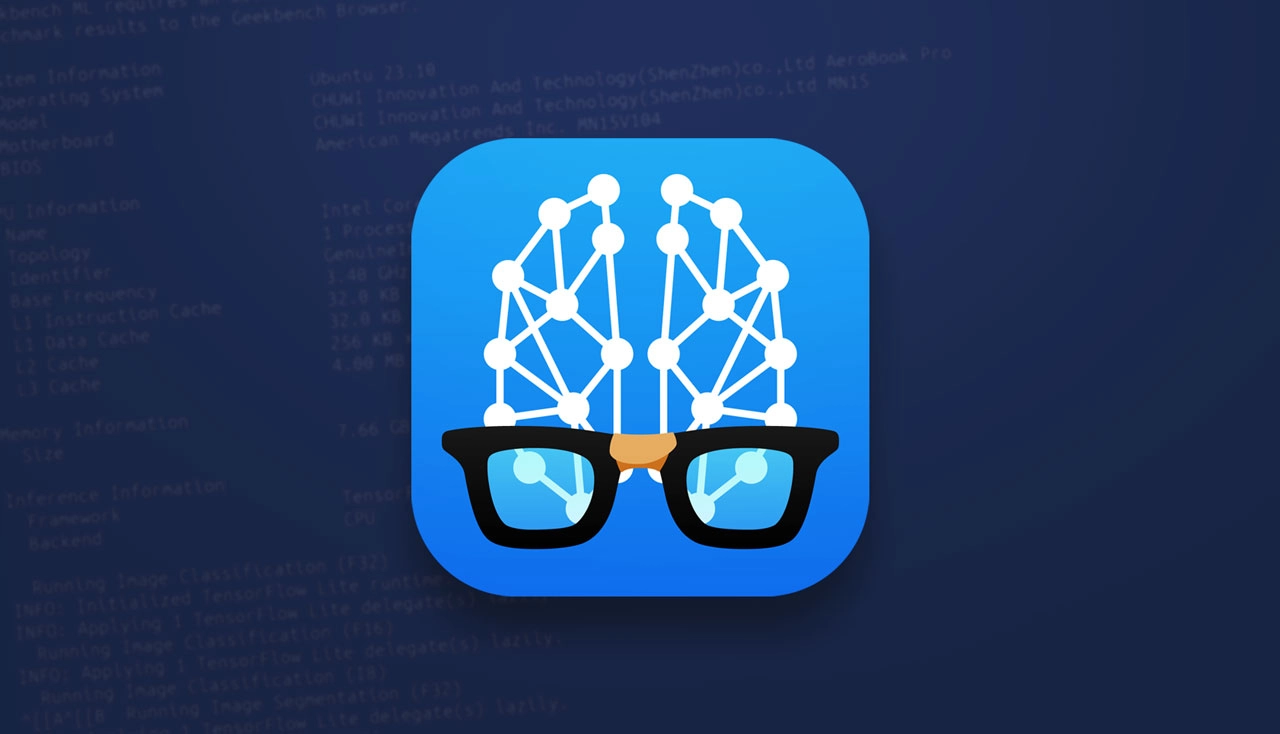Curious about how your current Linux system can manage AI and ML-related tasks? Nowadays, you can easily determine this.
The company Primate Labs, known for its widely-favored Geekbench software, has unveiled a new pre-release version of their machine-learning performance testing tool, known as Geekbench ML.
This tool is now capable of supporting Linux.
Geekbench ML premiered on Android and iOS a couple of years ago. But as Intel and AMD start incorporating neural processing features into their latest chips to support ML-optimized workflows on desktop computers and laptops, this application is expanding its reach as well.
The new Geekbench ML 0.6 is the first version to support Linux, Windows, and macOS. While the latter 2 systems enjoy visually appealing GUI desktop apps, Linux users have to suffice with a command-line tool. Nonetheless, this is not a significant inconvenience because, at the end of the day, it’s the statistics that count, not aesthetics.
The tool includes a variety of machine learning workloads curated to simulate real-world AI use cases. Upon utilizing these, you can evaluate how competently your CPU, GPU, and NPU (if available) cope with advanced computing tasks.
The workloads provided include Depth Estimation (emulating the blurring features of portrait lenses found in advanced photo editors), Style Transfer (transferring the appearance of one image to another), and Image Super-Resolution (enhances images by x4).
Importantly, because all models and datasets in the app are consistent across all supported platforms, the Geekbench ML score you receive on Linux can be compared with confidence to scores obtained on other platforms and devices.
Downloading Geekbench ML
Note that Geekbench ML 0.6 is a preview release. It is expected to have some inconsistencies, quirks, and bugs while operating. Primate Labs intends to launch a stable 1.0 release sometime in the upcoming year, and feedback from this preview release will support its enhancement and refinement.
You have the ability to download Geekbench ML from the App Store for iOS and the Google Play Store for Android. Additionally, you can simply visit the download page on the Geekbench website for Linux, macOS, and Windows versions.
The Linux version is compatible with Ubuntu 18.04 LTS and newer versions on both Intel and AMD systems with a minimum of 2GB RAM. However, if your machine has basic specifications, don’t expect the results to be quick!
Upon completion, a link is provided for you to view your results online. This allows you to easily compare your hardware’s performance.
Regardless of what hardware you’re using, I’m confident it will be superior to the laptop I used for testing.
